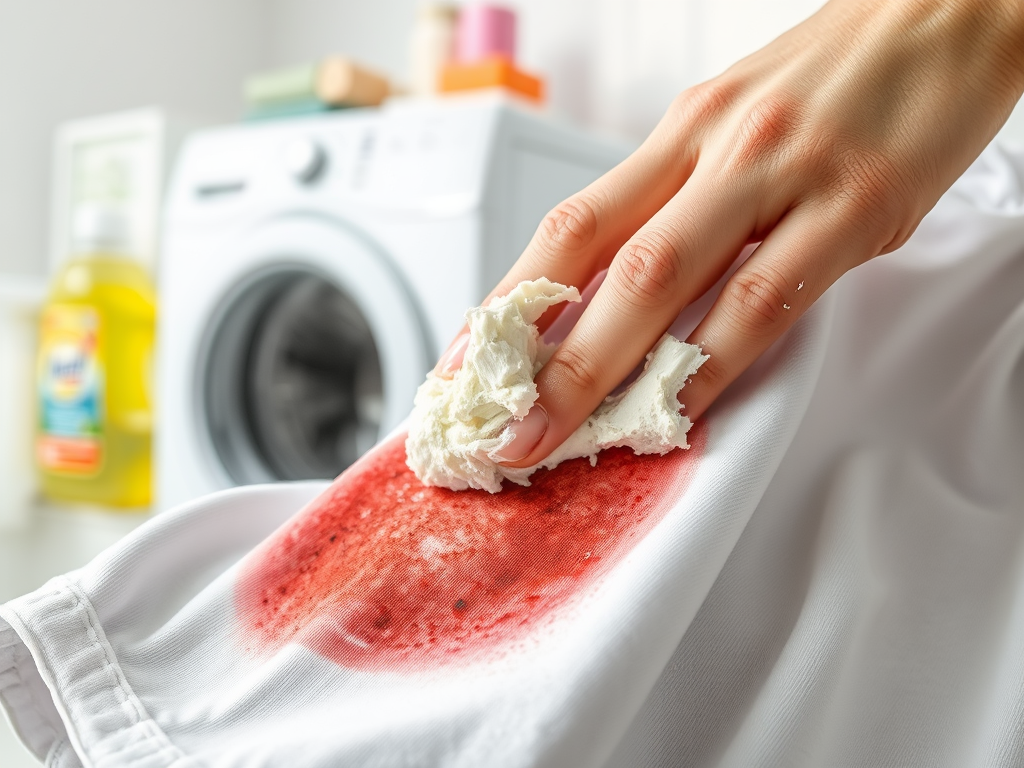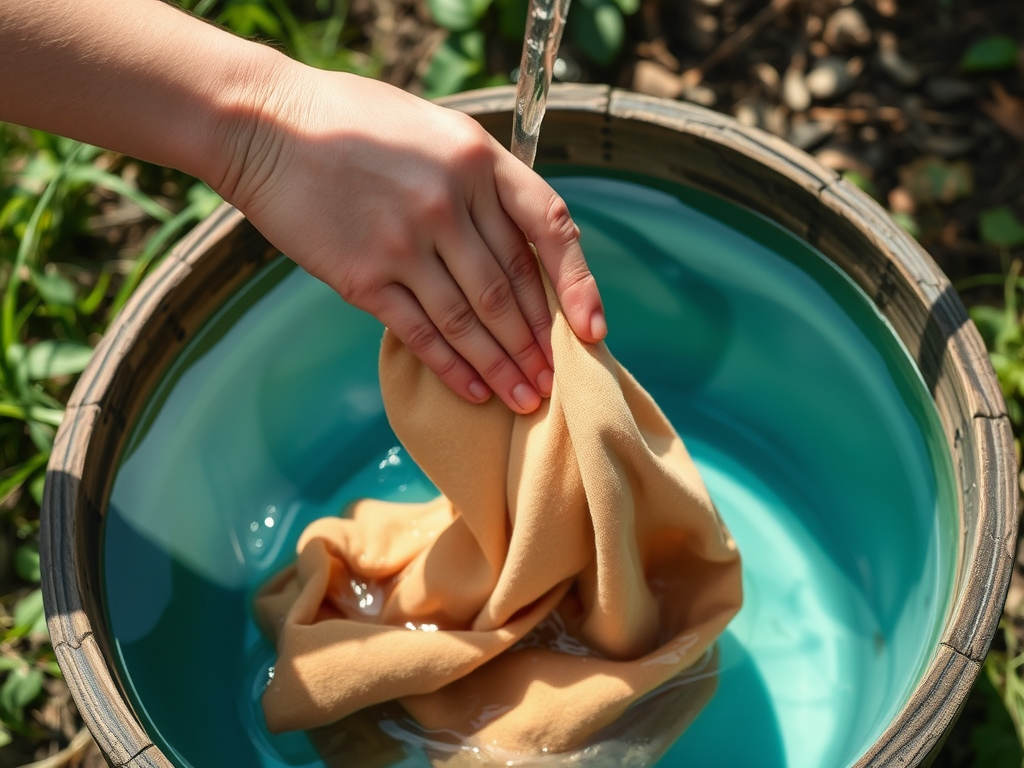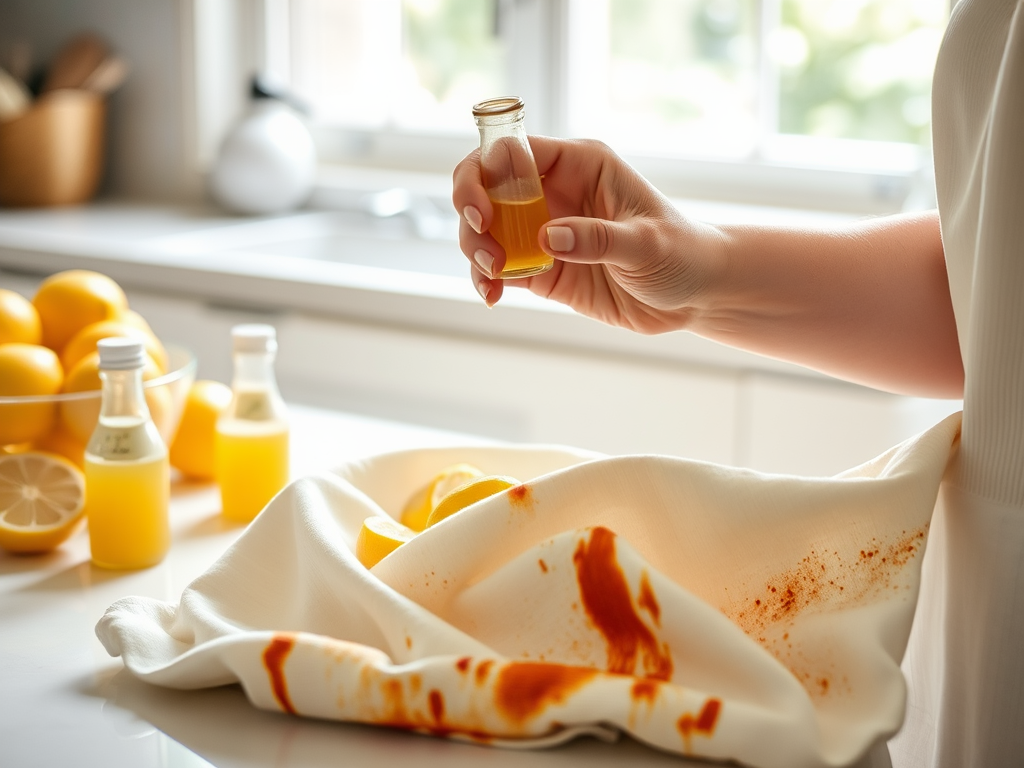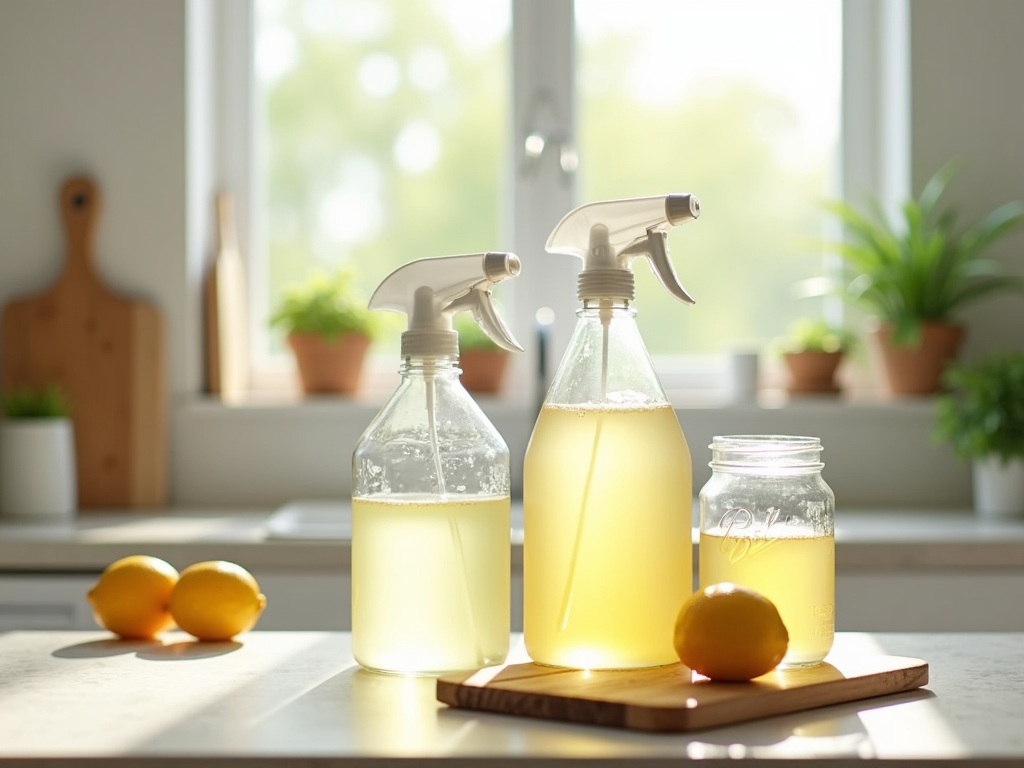Rust stains on clothing are more than just unsightly; they can evoke feelings of frustration and futility. Whether it’s an old jacket with metal buttons or a favorite dress that accidentally brushed against a rusty gate, these stains can seem impossible to remove. Fortunately, nature offers us eco-friendly alternatives that can effectively tackle these pesky marks. This article explores several effortless methods for rust removal using common natural ingredients. By prioritizing these methods, not only are you preserving the integrity of your garments, but you’re also embracing a more sustainable and gentle approach to laundry care.
Using natural ingredients for stain removal is not just a trend; it is a practice rooted in efficiency and safety. Many of the products we commonly find in our kitchens do wonders in breaking down stubborn stains without resorting to harsh chemicals. This is particularly important for both your health and the environment. In the paragraphs to follow, we will delve deeper into what causes rust stains, identify natural remedies, and provide you with a simple guide to restoring your fabrics without undue stress. Each method is designed to engage you in a cleaning process that is not only effective but also surprisingly enjoyable.
Understanding Rust Stains

Rust stains typically arise from the oxidation of iron, often occurring through contact with metal objects. These stains are common when clothing comes into contact with rusted metal chairs, tools, or even shower rods. When moisture is present, the chances of rust transferring to fabric increase. Understanding the origin of the stains helps in choosing the right cleaning method. It’s essential to recognize that timing is crucial; addressing a stain soon after it appears drastically improves the chances of successful removal. Ignoring it can lead to permanent discoloration, making it crucial for you to act promptly.
Natural Ingredients for Rust Removal

Several natural ingredients have proven effectiveness in rust stain removal. These simple items are likely already in your kitchen, making them both accessible and cost-effective. Some of the most popular choices include:
- Lemon juice
- Baking soda
- Vinegar
- Salt
- Dish soap
Each of these ingredients carries unique properties that contribute to their effectiveness in tackling rust stains. By using them, you can avoid the need for commercial chemical solutions that can harm both your health and textiles. Let’s examine how these ingredients work.
| Ingredient | Property | Application Method |
|---|---|---|
| Lemon Juice | Acidic, breaks down rust | Direct application |
| Baking Soda | Gentle abrasive, alkaline | Paste with water |
| Vinegar | Natural acid, rust dissolver | Soak or spray |
Lemon Juice
Lemon juice is a powerhouse when it comes to rust removal. Thanks to its citric acid content, it effectively breaks down rust stains without damaging the fabric. The application process is straightforward; simply apply lemon juice directly to the stained area and leave it to sit for about 30 minutes. Rinse with cold water afterward to see a noticeable difference. The fresh scent of lemon also leaves garments smelling delightful upon finish, adding an extra perk to your cleaning routine.
Baking Soda
Another household favorite, baking soda, acts as a gentle abrasive. It can physically scrub away the rust while its alkaline nature neutralizes acidic stains. To create a paste, mix baking soda with water until it reaches a spreadable consistency. Apply this paste to the rust stain and scrub gently with a soft brush. Rinse adequately afterward. This method is particularly effective for stubborn stains, where a bit of elbow grease can yield remarkable results.
Step-by-Step Guide to Remove Rust Stains
Now that you are familiar with various natural ingredients, let’s put this knowledge into practice with a step-by-step guide on rust stain removal.
Preparing the Fabric
Before proceeding with any stain removal method, it is essential to prepare your fabric. Begin by checking the care label of your garment for specific instructions. Ensure that the fabric is suitable for treatment and does not have any internal lining that might be damaged by your chosen method. If you’re unsure, always perform a patch test on an inconspicuous area. This precaution will help ensure the safety of your fabric.
Applying the Natural Solution
After preparing the fabric, choose your natural ingredient and proceed as detailed in previous sections. Each method offers its advantages, but the application process remains similar: apply the solution, allow it to sit, and rinse accordingly. Be patient, as some stains require more time and may need multiple applications for full removal. Keep a record of which methods work best for your specific situations.
Rinsing and Drying
Rinsing the fabric thoroughly is crucial to remove any leftover natural solution. For optimal results, rinse under cold water, pressing gently to release the rust stain without scrubbing too harshly. After rinsing, align the fabric carefully and lay it flat to dry away from direct sunlight, which can sometimes set faint stains. Proper drying techniques will ensure the fabric retains its shape and color.
Additional Tips for Preventing Rust Stains
While removing rust stains is important, preventing them from resurfacing is equally essential. Here are some practical tips to keep rust at bay:
- Store metal items properly, ensuring they are not in contact with fabrics.
- Regularly check for rust on metal objects around your home.
- Use rust-inhibiting sprays on metal furniture.
- Avoid placing wet clothes near metal fixtures.
Conclusion
Rust stains do not have to be a permanent blemish on your clothing. Utilizing natural ingredients not only provides a safe alternative to commercial products but also fosters a more sustainable lifestyle. By harnessing the power of items like lemon juice, baking soda, and vinegar, you can effectively restore your fabrics to their original state with minimal effort. We encourage you to experiment with these simple methods, incorporating them into your routine laundry care and benefiting from their effectiveness. Your clothes—and the environment—will thank you.
Frequently Asked Questions
- What should I do if the rust stain is old? For older stains, you may need to repeat the cleaning process or let the natural solution sit for a longer duration before rinsing.
- Can I use these methods on all types of fabric? Most natural ingredients are safe on a variety of fabrics, but always test on a small inconspicuous area first.
- How can I enhance the rust removal effect of lemon juice? You can combine lemon juice with a bit of salt to create a paste that may enhance the cleaning power.
- Is it safe to use hydrogen peroxide for rust removal? While hydrogen peroxide can be effective, it’s a chemical rather than a natural ingredient, and can sometimes bleach fabrics.
- Are there any fabrics I should avoid using these methods on? Delicate fabrics like silk or wool should be treated with caution, and it’s best to consult care labels.



